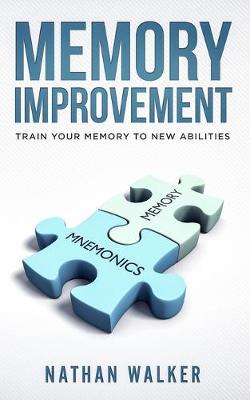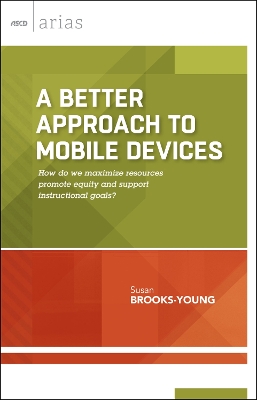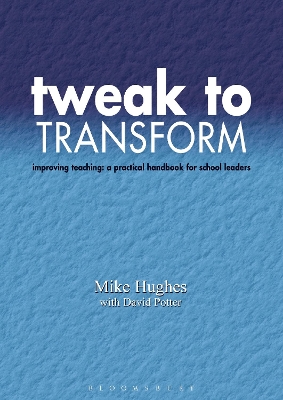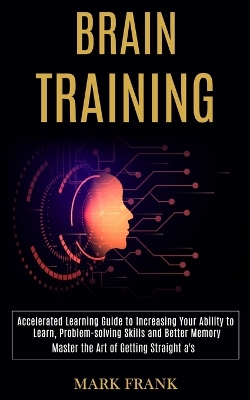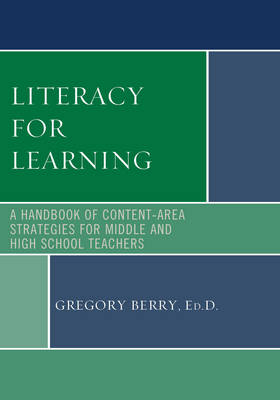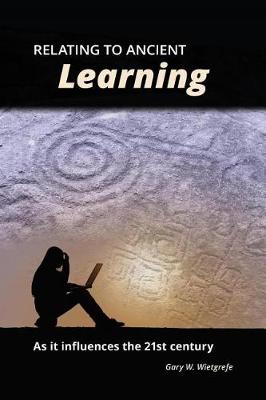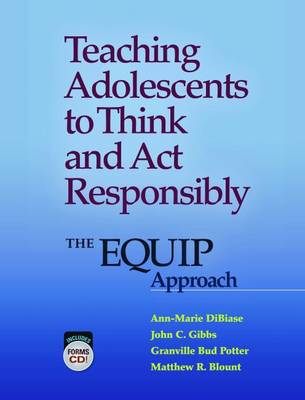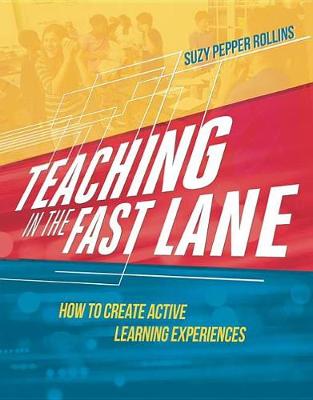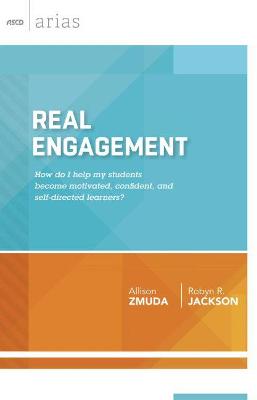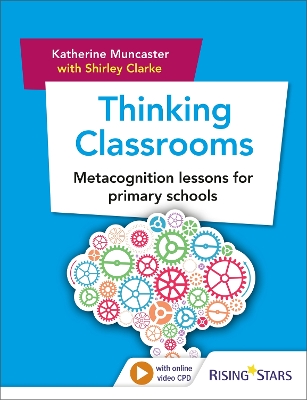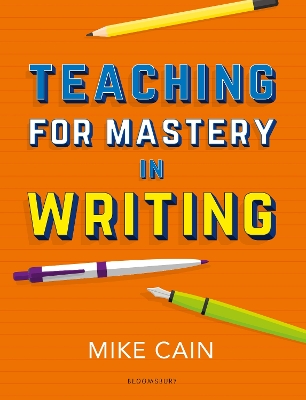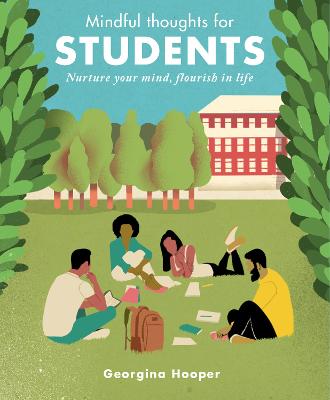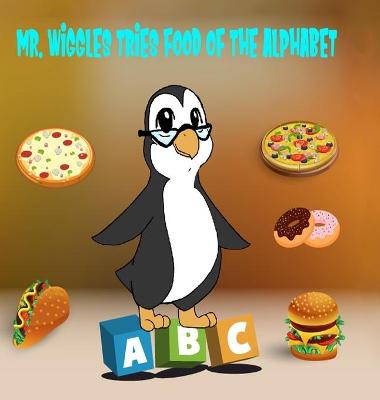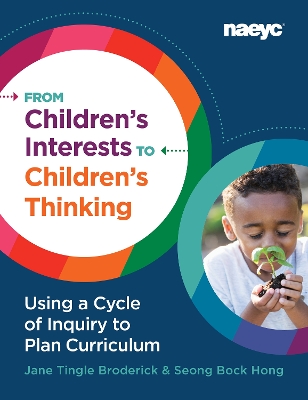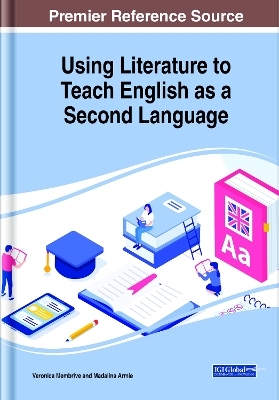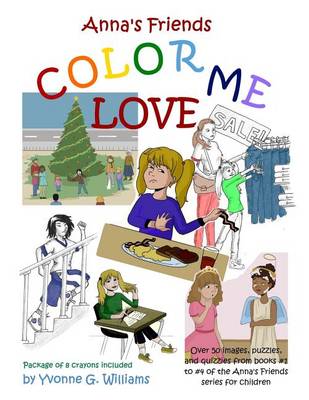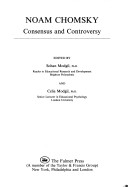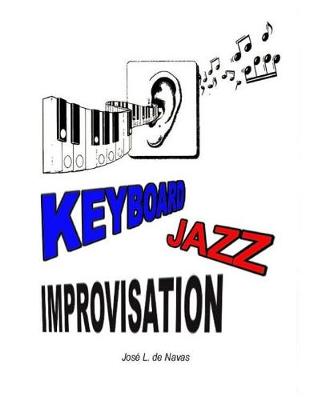Intervention Research in Learning Disabilities
This book is based on proceedings of the Symposium on Intervention Research sponsored by the Division for Learning Disabilities (DLD) of the Council for Exceptional Children and held at Purdue University, November 14-16, 1988. It presents a wide range of critical issues and insights, both theoretical and practical, related to research with learning disabled individuals. The book is divided into four broad sections: issues in intervention research, academic interventions, social and behavioural i...
A Better Approach to Mobile Devices (ASCD Arias)
by Dr Susan Brooks-Young
Until now, the conversation around mobile devices in schools has been divided into two camps: those favoring 1:1 plans, in which each student is assigned a school-provided laptop or tablet, and supporters of Bring Your Own Device (BYOD) initiatives that shift the responsibility for providing and maintaining classroom mobile technology to students and their parents. In reality, argues classroom technology expert Susan Brooks-Young, it's a hybrid model of 1:1 and BYOD that best meets the needs of...
Strategic Learning and Retention the New Inclass/Virtual Cooperative Learning Model
by Michael Steele Ed D
Literacy for Learning: A Handbook of Teaching Strategies for Middle and High School Teachers is a collection of proven, effective teaching strategies to promote content area literacy and help teachers incorporate literacy learning as a means of improving learning in all subject areas. The book presents a concise overview of content area literacy research and a rationale for teachers in all subject areas. Those who teach, or are about to teach, middle and high school students, will find a variet...
A Practical Guide for Classroom Assessment
by Andrea M. Guillaume, Jennifer M Bay-Williams, and Ruth Helen Yopp
Teaching Adolescents to Think and Act Responsibly
by Ann-Marie DiBiase, John C. Gibbs, Granville Bud Potter, and Matthew R. Blount
Holding students accountable for their actions and inspiring them with greater expectations is to respect them, to believe in them as people with positive potential. The EQUIP approach helps facilitate mature and accurate cognitive habits and behavioral skills in at-risk or potentially at-risk adolescents in the school setting. The curriculum addresses the ""three D's,"" common in these adolescents-developmental delays in moral judgment, self-serving cognitive distortions, and social skills def...
500 Worksheets - Identifying Largest Number of 8 Digits (500 Days Math Greatest Numbers, #7)
by Kapoo Stem
Students following directions, dutifully completing assignments, and quietly cooperating. For some teachers, this kind of compliance is a goal worth pursuing, but for you, it's not enough. You want real engagement-a classroom filled with students who ask intriguing questions, immerse themselves in assignments, seek feedback on their performance, and take pride in their progress. So even as you race to cover a demanding curriculum and address standards, you're wearing yourself out searching for t...
Thinking Classrooms: Metacognition lessons for primary schools
by Katherine Muncaster and Shirley Clarke
Teaching children metacognitive skills (an understanding of how they learn) can help raise attainment by an average of seven months according to research carried out by the Education Endowment Fund. Rising Stars' Thinking Classrooms handbook offers engaging lesson plans and activities to introduce and teach metacognition throughout a primary school, from Reception through KS1 and KS2.With Rising Stars' Thinking Classrooms you can encourage transferrable learning skills such as planning and check...
Despertando El Ser (Critical Studies of Latinxs in the Americas, #11)
This collection of essays presents a theoretically grounded and research-based process in which the multiple facets of self are explored. While these facets have been studied in the literature using universal theories, Despertando el Ser posits that it is important to generate our own epistemological understandings grounded in the lived experience of Latina/o educators. Moving away from majoritarian perspectives of teacher personal development, using a sociocultural and critical theory kaleidosc...
Teaching for Mastery in Writing provides a practical approach to developing mastery in writing which helps all primary children to develop their skills and inspires a love of writing. This innovative book follows an approach that integrates mastery into existing teaching sequences - an approach which aims to improve the writing ability of all children, not just the more able. Writing is a tough discipline for children in today's primary schools. The number of skills they are expected to learn i...
Mindful Thoughts for Students is an astute collection of 25 expert insights into how practicing awareness whilst studying can transform learning into a positive experience every day. Studying can be a stressful and anxious process, with deadlines and a focus on results taking away from the pleasure of learning. However, Mindful Thoughts for Students seeks to teach us how to thrive in education despite these pressures, by teaching positive mindful habits which will bring out the best in our stud...
From Children's Interests to Children's Thinking
by Jane Tingle Broderick and Seong Bock Hong
Learn how to connect your curriculum planning to children's interests and thinking. With this book, educators will discover a systematic way for using documentation to design curriculum that emerges from children's inquiries, what they wonder, and what they want to understand. Get strategies for designing a classroom environment at the start of the year to facilitate emergent inquiry curriculum. Each chapter guides teachers to document and reflect on their thinking through each of the five phase...
Innovation has replaced stereotypical and old methods as an attempt to make English language teaching and learning appealing, effective, and simple. However, teaching a second language through literature may be a paramount tool to consolidate not only students’ lexical and grammatical competences, but also for the development of their cultural awareness and broadening of their knowledge through interaction and collaboration that foster collective learning. Despite past difficulties, literature’s...
Noam Chomsky (Falmer international master-minds challenged: psychology, #3)
